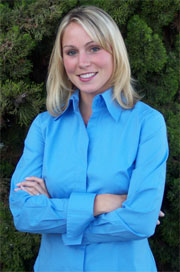 You Haven’t Killed Anyone
You Haven’t Killed Anyone
For Derek, a Marine training in Mississippi,
who sometimes jokes that he's a "baby killer".
You say it the way you might return
a forkful of green beans
to your plate for a moment
before biting:
"Let's get this out of the way
so we can really eat."
A Michigan accountant carries
a war story in his hands,
the way he taps Morse code
with a pen on his desk
as he tells it like a joke.
I came to you with a floral centerpiece
of liberal beliefs,
to be placed where the plates
could orbit around it, habitual as planets.
And I wanted liberal to always mean generous:
a generous helping for all.
She came to him with flowers,
a girl, maybe fourteen.
Elbows bent sharply at
angles of broken eggshells.
Needle marks feather her arms,
most likely heroin,
and deep veins continuing to wire,
twined about her hands,
tied together in a nest of flowers
covering the dark egg of a grenade.
You haven't killed anyone,
but you train each day to kill
or prevent killing - it is hard to know which -
and I know there are jobs that are necessary
and sad. You train until it is in your hands
like a habit, the way our parents
taught us to hold a knife at dinner.
We've both heard versions of this story,
familiar as bean vines tangling a Michigan garden:
She came to him with flowers,
and if he took them,
or her hands fell apart like wings,
they both would die.
He shot, knelt beside her,
holding her hands together
as if they were praying.
We came from the same place,
and we know that a place
marks a person like the red grid
under a watchband a little too tight.
A place makes a person,
the way its climate grows
certain flowers and vegetables,
and roadkill back home is a raccoon,
in Mississippi, an armadillo.
A person, like a story,
has a prop and a place:
And I don't hate him,
or her. A person, his story,
grow in a place. Its flowers,
wind like wires around our hands.








